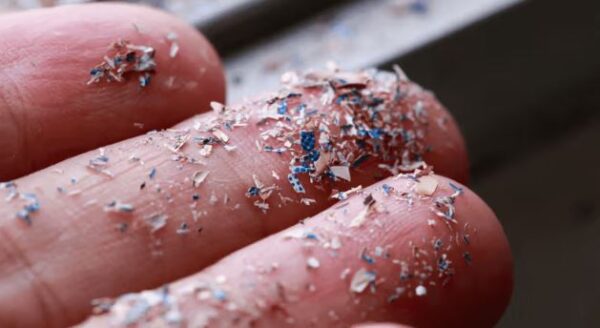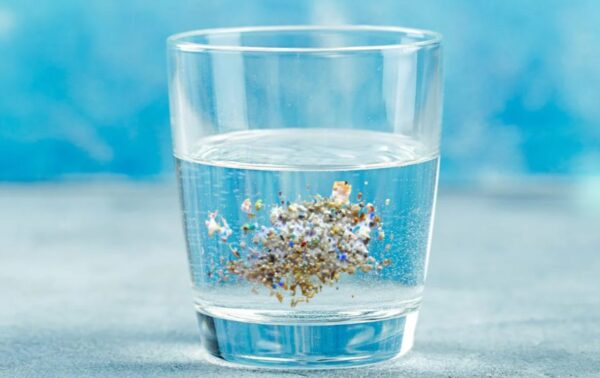Lifestyle
Study finds harmful microplastics in every single human testicle

Tiny plastic bits, called microplastics, are everywhere—even in the highest mountain (Everest) and deepest ocean trench (Mariana Trench). Now, they’ve been found in a surprising place: men’s testicles.
Researchers from the University of New Mexico have discovered 12 types of microplastics in all 23 human testes, which have been linked to a 59% decrease in sperm counts in recent decades. The most prevalent microplastic was polyethene, used in plastic bags and bottles.
Smaller than five millimetres in length, microplastics enter our bodies through plastic packaging, food, tap water, and even the air we breathe. They have been linked to cancer and fertility issues.
The study was inspired by a colleague’s research on microplastics in human placentas, which led to the question of how microplastics might be impacting reproduction. The concentration of microplastics in human male testicular tissue was significantly higher than the average Campen found in placental tissue.
The research team plans on further investigations to come up with more proof and solutions.








